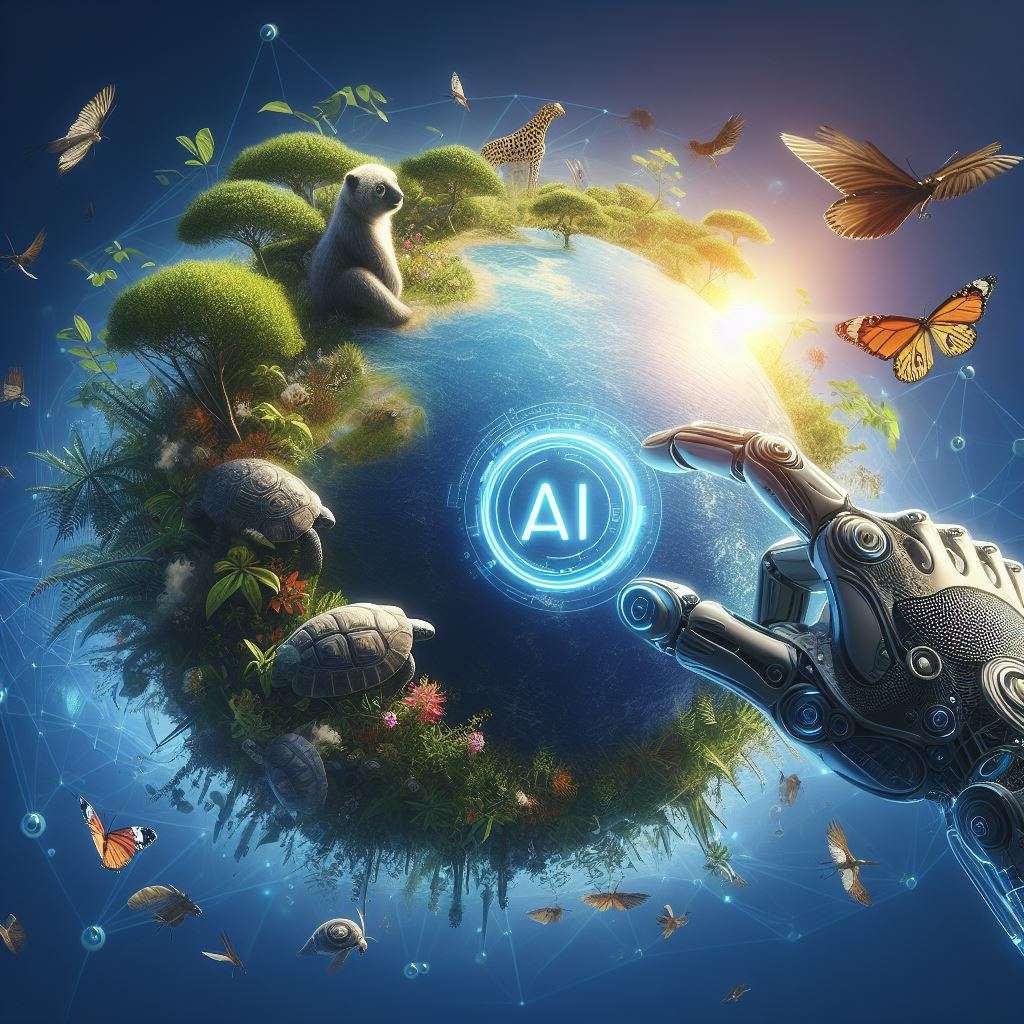The intricate tapestry of food security unravels before us, a vibrant story woven with threads of human need, environmental constraints, and economic realities. Navigating this complex landscape requires a nuanced understanding of the three pillars that hold it aloft: feeding the ever-growing human population, safeguarding the planet’s fragile ecosystems, and ensuring the livelihoods of those who toil to nourish us all.





